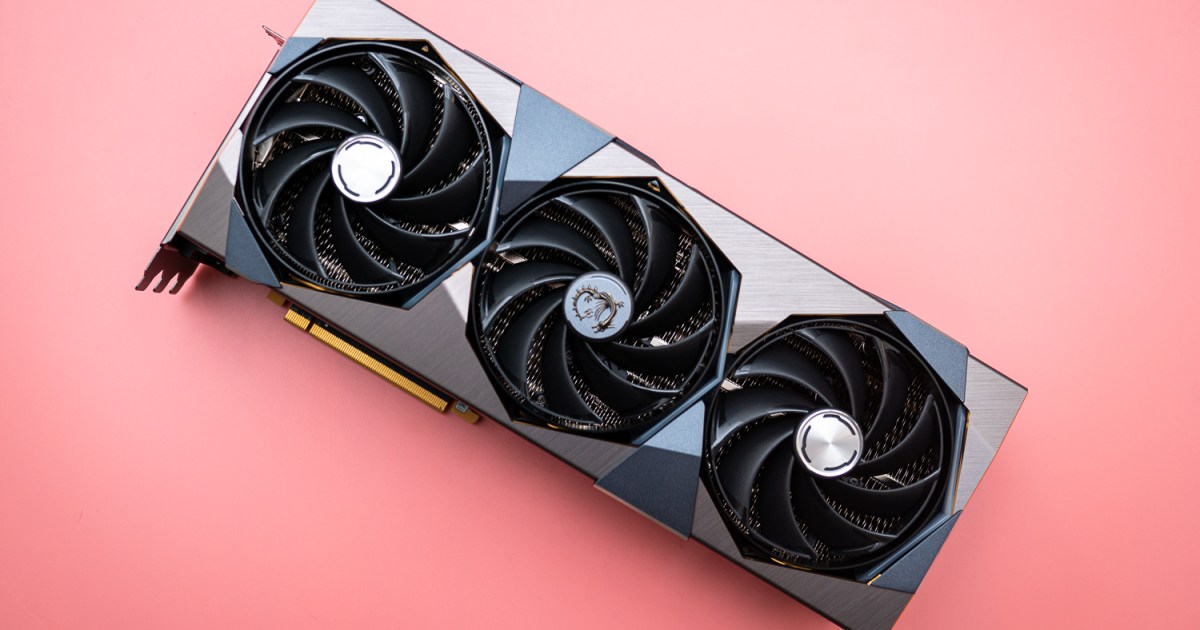Digitaltrends
3w
386

Image Credit: Digitaltrends
Everything you need to know about buying a GPU in 2024
- Buying a graphics card, or GPU, is a high-stakes purchase, as it often has the greatest impact on the overall performance of a PC. Nvidia, AMD, and Intel are the most popular manufacturers of GPUs in the market today.
- Nvidia is recognized as the superior option if AI is what you're after, while AMD is known to be the more budget-friendly option, and Intel has a few interesting GPUs in its lineup, including the Arc Alchemist.
- The monitor's resolution you will be using is an essential thing to consider when you shop for a GPU, as it impacts the overall gaming experience. The GPU and monitor must match, or else you’ll waste some of the performance your GPU could provide.
- For casual users, a 1080p GPU is enough and makes for a great budget option. However, 1440p and 4K resolutions require a better graphics card with more VRAM and greater power consumption.
- GPU prices can vary, and there are plenty of affordable options for 1080p GPUs like Nvidia's GTX 1650 and the AMD Radeon RX 7600. For more powerful GPUs, Nvidia's RTX 40-series, AMD's RX 7800 XT, RX 7900 GRE, RX 7900 XT, or Intel's Arc A770 (or 760) are great options.
- When buying a GPU, it's important to watch out for power consumption and VRAM capacity, and to balance your budget for CPU, PSU, and cooling system as they affect PC performance.
- Ultimately, buyers should consider what they want to have and what they're willing to pay for it. Nvidia and AMD offer great options for gaming PCs, while Intel is a budget-friendly option with interesting GPUs.
- Though GPU prices can be expensive, there are affordable options available. Buyers must do their research and consider how much power their GPU needs, their monitor resolution, and what specifications they need to run games smoothly before making a purchase.
Read Full Article
23 Likes
For uninterrupted reading, download the app